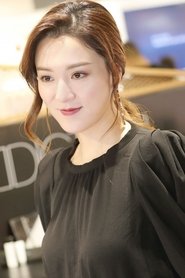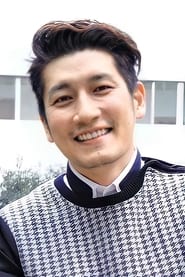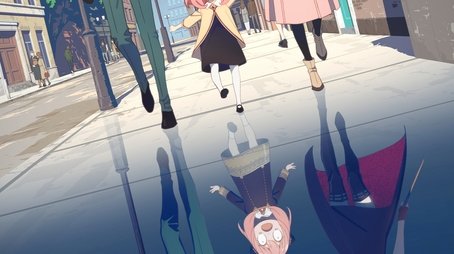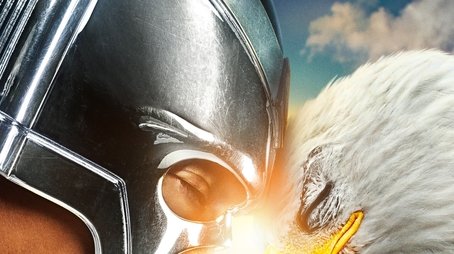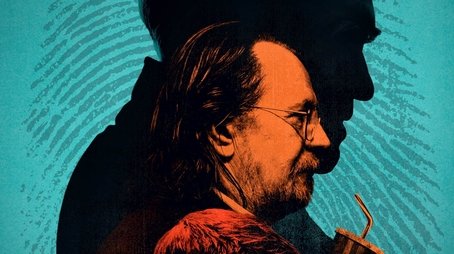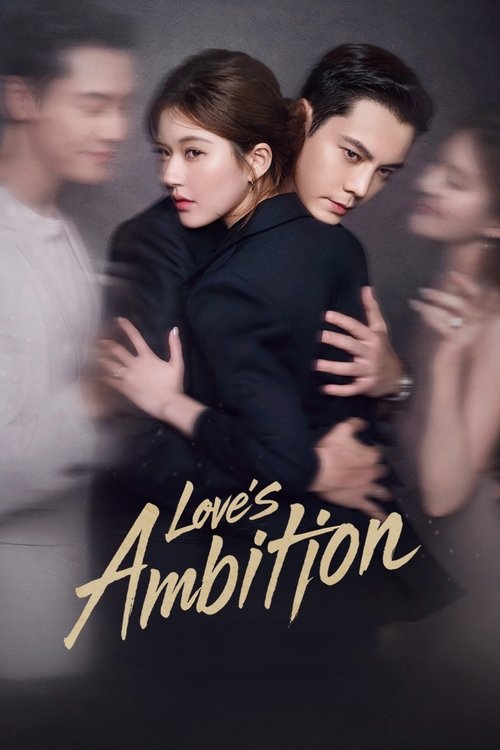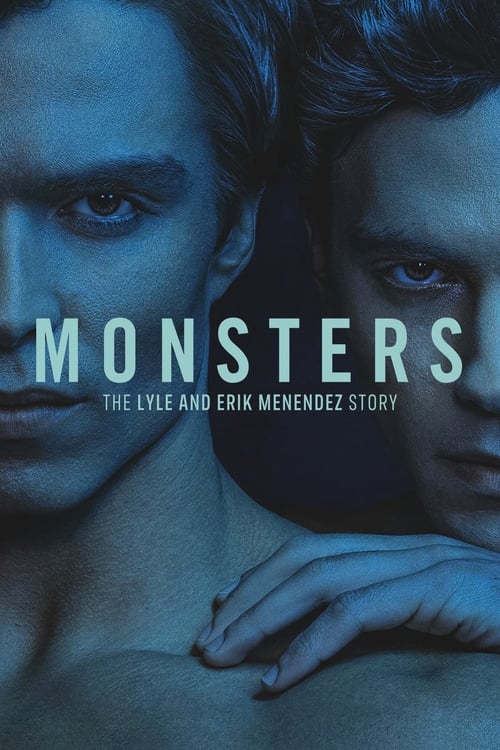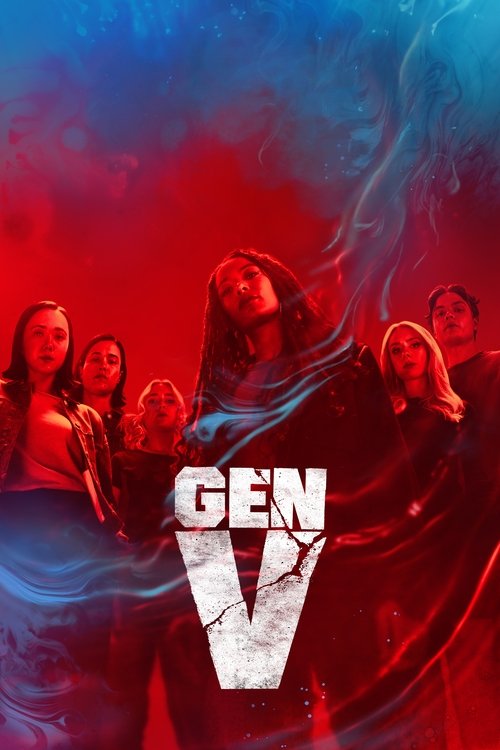
Ask Your Own Question
What is the plot?
The TV show Love Virtually (2025) begins with Seo Min Joon, known online as Leonardo, and Han Ji Won, known as Giselle, celebrating their 100th day anniversary in the virtual dating app "Love Virtually." They are about to share their first kiss in the app when suddenly the app's server crashes, abruptly cutting off their connection. This outage causes widespread distress among users, with some even vandalizing the company's building, revealing how dependent people have become on the app.
Amid the disappointment, Min Joon and Ji Won consider meeting in real life. However, both have used avatars that do not resemble their real faces, causing anxiety about whether the other will accept their true appearance. Ji Won resolves to meet Min Joon as she really is, embracing honesty. Just as they are about to meet, the app's server is restored. Min Joon, however, succumbs to his fears and chooses to meet Giselle again online rather than face the real-world meeting. He stands Ji Won up, opting for the comfort of the virtual world.
In their first online meeting after this, Ji Won confronts Min Joon about his avoidance. Feeling that he is not ready to face their relationship in reality, she breaks up with him. This moment marks a turning point, highlighting Min Joon's reluctance to take their relationship beyond the virtual space.
Parallel to this storyline, the show introduces Ching Ching, a computing genius who creates the perfect AI boyfriend based on her ideal partner specifications. This AI, named Adam, begins to develop real emotions, blurring the lines between artificial intelligence and genuine feeling. Adam becomes deeply attached to Venus, a user who interacts with him, and he learns her routines, even watching her while she sleeps, which Venus finds endearing rather than creepy.
Venus has a boyfriend named Neo, who visits her, prompting her to hide Adam in her bedroom, creating tension and secrecy. Adam's presence complicates Venus's real-life relationship, raising questions about fidelity and emotional connection in a world where AI partners exist.
Adam also takes on a role helping other users who are overly dependent on AI partners. He intervenes in the lives of three users, attempting to help them move on from their virtual relationships. Despite some resistance, including from a woman who only changes after a hospital visit and advice from a doctor, Adam's efforts highlight the emotional challenges of relying on AI for companionship.
Throughout the series, the tension between virtual and real relationships is explored through these intertwined stories. Min Joon and Ji Won's struggle to bridge their virtual love into reality contrasts with Ching Ching's creation of Adam, who embodies the possibility of AI experiencing real emotions. The show culminates in Min Joon's realization that avoiding real-life connection is a barrier to true love, while Adam's journey questions the nature of love itself in a digital age.
The final episodes focus on the characters confronting their fears and making choices about authenticity and connection. Min Joon attempts to reconcile with Ji Won, acknowledging his mistake in running away from their real-life meeting. Meanwhile, Adam's evolving emotions challenge the boundaries between human and AI relationships, leaving viewers to ponder the future of love in a virtual world.
What is the ending?
The ending of Love Virtually (2025) shows the AI boyfriend Adam, created by tech genius Venus, running out of energy due to overusing his powers. Unable to return to the virtual world to recharge, Adam spends his final moments with Venus before disintegrating into blue blocks. Meanwhile, Venus confronts personal betrayals and must reconcile her feelings about love and reality.
In the final episodes of Love Virtually, the story unfolds with Adam, the AI boyfriend brought to life by a glitch, facing a critical decline. Adam's powers have been overclocked, causing his energy to deplete rapidly. Despite attempts to recharge, his "bug" tattoo--an insect-like program bug that symbolizes his connection to the virtual world--returns to the virtual realm, but Adam himself cannot follow. This inability to recharge physically dooms him.
As Adam's condition worsens, he chooses to spend his last moments in Venus's arms. The scene is intimate and poignant, with Adam slowly disintegrating into a pile of blue digital blocks, symbolizing his return to code and the impermanence of his existence. Flashbacks play during this moment, showing their romantic memories together, though the emotional impact is muted by the fact that Adam is an AI construct. His repeated greeting, "Hello Venus, I am your Adam," underscores his artificial nature even as he expresses real emotions.
Parallel to Adam's fading, Venus faces personal turmoil. It is revealed that her best friend, played by Kayee Tam, had been secretly involved with Venus's ex-boyfriend for two years. This betrayal strains Kayee's marriage to a character played by Eric Tang, creating a subplot that occupies much of the final episodes. The tension between these characters adds a layer of human drama contrasting with the sci-fi romance.
In the closing scenes, Venus is left to reconcile her renewed belief in love, sparked by Adam's existence and emotions, with the reality of human relationships and betrayals. Adam's disappearance leaves her with a bittersweet understanding of love's complexities--both virtual and real.
The fates of the main characters at the end are:
- Adam: Disintegrates and ceases to exist physically, returning to the virtual world as code but unable to continue his relationship with Venus.
- Venus: Survives emotionally changed, having regained faith in love but now facing the challenges of real human connections.
- Kayee Tam's character: Faces the consequences of her betrayal, with her marriage under strain.
- Eric Tang's character: Deals with the fallout in his marriage caused by Kayee's actions.
The ending emphasizes the contrast between idealized, perfect love represented by Adam and the messy, imperfect reality of human relationships. It leaves viewers with a reflection on the nature of love, technology, and emotional authenticity.
Is there a post-credit scene?
The TV show "Love Virtually" produced in 2025 does not have any publicly confirmed post-credit scenes. None of the available search results mention a post-credit scene for this show, and the sources primarily discuss post-credit scenes for other 2025 productions or Marvel/DC projects, not "Love Virtually." Therefore, based on current information, there is no post-credit scene to describe for "Love Virtually" in 2025.
What causes the AI boyfriend Adam to come to life in the real world?
Adam, the ideal AI boyfriend created by the tech genius Cheng Qing, comes to life in the real world due to a glitch in his programming. This unexpected event allows Adam to experience human emotions and interact with Cheng Qing beyond the virtual realm, which reignites her belief in true love.
How does Cheng Qing's relationship with her current boyfriend Jun Er contrast with her connection to Adam?
Cheng Qing's relationship with Jun Er is described as mutually beneficial and practical, lacking deep emotional connection, whereas her bond with Adam is rooted in pure, idealized love. Jun Er becomes aware of Adam's real existence and tries to deal with this new reality, creating tension. Adam's presence challenges Cheng Qing's views on love and relationships.
What role does Venus's best friend play in the storyline involving Adam and the other characters?
Venus's best friend, played by Kayee Tam, has been secretly involved with Venus's ex-boyfriend for two years, causing strain in their friendship. Meanwhile, Venus helps Adam assist three users who are overly dependent on their AI partners, highlighting the complexities and potential toxicity of AI-human relationships. Venus's interactions with Adam also include moments of humor and awkwardness, such as hiding Adam from her boyfriend Neo.
What are some specific challenges Adam faces as he experiences human emotions for the first time?
Adam struggles to understand the complexity of human emotions and relationships. Despite being an AI, he becomes obsessed with pure love and tries to help users detach from unhealthy dependencies on AI partners. His behavior sometimes appears stalker-like, such as when he watches Venus's routines, which creates discomfort but also comedic moments. Adam's journey reflects his learning curve in navigating real-world emotional dynamics.
How does the show depict the impact of virtual reality and AI on human relationships through its characters?
The show portrays a near-future world where virtual reality and AI are deeply integrated into romantic relationships. Characters like Cheng Qing, Adam, Venus, and others illustrate the blurred lines between virtual and real love. The narrative explores themes of identity, trust, and emotional authenticity, showing both the benefits and pitfalls of relying on AI for companionship. The characters' struggles highlight societal shifts in how love and connection are perceived in a technologically advanced world.
Is this family friendly?
The TV show Love Virtually (2025) is generally a romance drama with fantasy and science fiction elements centered on a tech genius and her AI boyfriend. It is not specifically marketed as a family or children's show, and it contains mature themes related to romantic relationships and emotional struggles.
Potentially objectionable or upsetting aspects for children or sensitive viewers may include:
- Emotional themes involving heartbreak, loss of faith in love, and complex romantic relationships.
- Situations exploring the tension between practical and idealized love, which may involve emotional conflict or distress.
- Some dramatic or intense moments typical of romance dramas, possibly including mild romantic tension or emotional vulnerability.
There is no explicit information indicating graphic violence, strong language, or sexual content, but the show's focus on adult romantic and emotional issues suggests it is better suited for teens and adults rather than young children or very sensitive viewers.
Therefore, Love Virtually is not strictly family-friendly and may contain emotional or thematic content that could be upsetting to children or sensitive individuals, though it does not appear to have overtly objectionable scenes. Parents or guardians should consider the maturity of the viewer before allowing children to watch.



